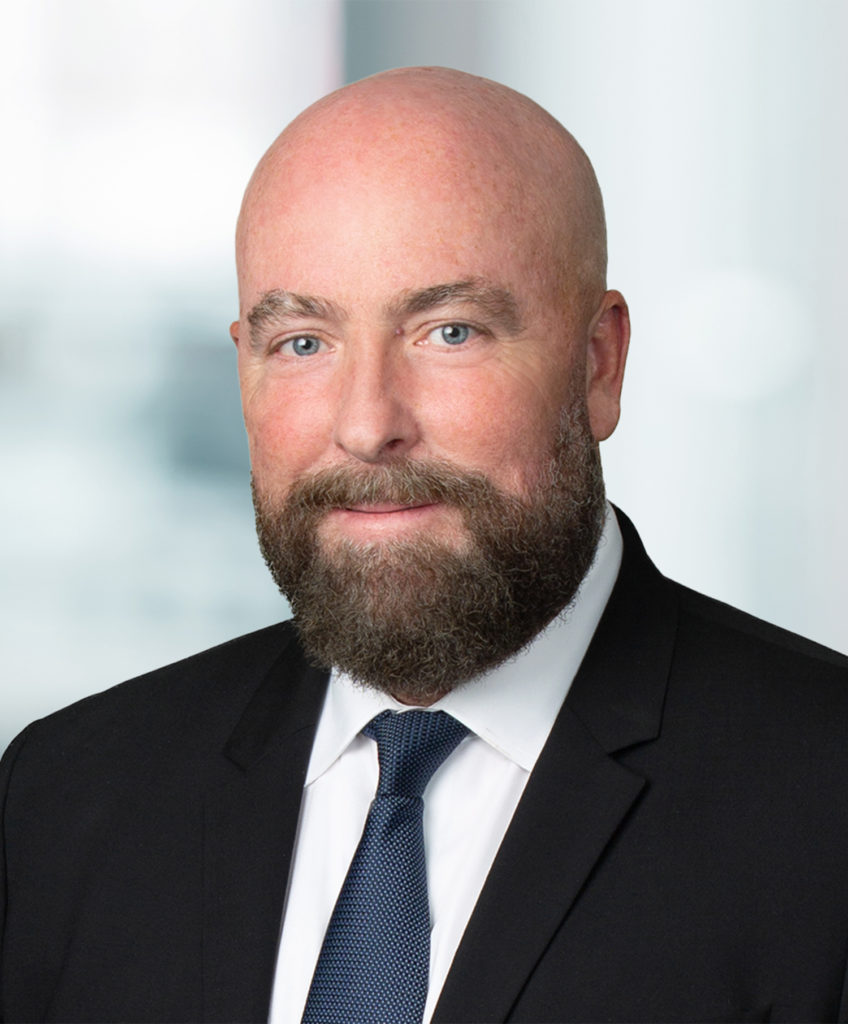Polsinelli has expanded its labor and employment team in Dallas with the addition of former Littler shareholder Harry Jones.
Prior to his decade-plus tenure with Littler, one of the largest labor and employment shops in the country, Jones practiced at a few different boutique firms, including one he co-founded and grew from two to nine lawyers over five years.
The Texas Tech University School of Law graduate helps employers navigate C-suite scandals, senior leader misconduct and unfair competition matters. He has led more than 100 investigations on behalf of school districts, cities, colleges and private institutions.

The Texas Lawbook visited with Jones on his move to Polsinelli in a short Q&A.
The Lawbook: Why did you make the move to Polsinelli?
Jones: My primary reason for joining Polsinelli was that, out of all the national, full-service firms, it was best able to articulate its domestic growth strategy, which aligned strongly with what I was seeking to match my clients’ and my practice’s evolving needs.
After building a national book of business elsewhere, I found that the boutique model had become too limiting for my client relationships. Polsinelli offered a welcoming, ready and savvy platform, plus a growth strategy that is more organic and thoughtful, focused on what makes the most sense for clients rather than just what might make the firm look impressive to outsiders. In other words, Polsinelli is growing for real reasons instead of pet projects.
The Lawbook: What are one or two of the most interesting matters you have handled in the past year and why?
Jones: This year, I led a three-country inquiry into fraudsters who had devised a delivery scam, taking advantage of enterprise security deficiencies that are easily exploited, when a young company is on a rapid growth track, to take advantage of market opportunities. This case illustrated the many potential perils that digital disruption has brought to the service economy, including significant cybersecurity threats.
Last year, I was also asked to probe corruption in a police force in a very sensitive investigation. In cases like these, and many others, I really enjoy trying to understand the story behind the story, deliver incisive findings and advice, and bring about change in the workplace policies and practices of client organizations.
The Lawbook: What are the emerging trends or developments that you are closely following?
Jones: One issue that I’m always following closely, as are my clients, is the ever-increasing complexity of remaining compliant with the spiderweb of rules and regulations that apply in various jurisdictions – both nationally and globally – with respect to matters such as privacy, cybersecurity, unfair competition, non-compete covenants, sexual harassment and COVID-related safety measures.
It’s hard enough when you’re a company operating in multiple countries and doing your best to devise standard policies and practices that will keep your company on-track in each nation where you conduct business. It gets even harder, as we’ve seen for instance with COVID-19 laws and emergency orders, to comply with rules that can vary not only state-by-state and county-by-county, but sometimes even city-by-city, and that seemingly change almost every day.
There’s also this complex paradox at play, where in many ways it makes good sense to have local standards based on local customs and practices to govern workplace policies in those markets. But the business world is increasingly a global one, with expectations for globalized standards – not only in how contracts and business entities are structured, but also in terms of what’s acceptable behavior or not in the workplace. So there’s this homogenizing trend taking place on a global scale, while in our very own nation the rules can seem more splintered and amorphous than ever before. I find this all fascinating. I’m not sure what it all means, except that my clients who do business in multiple locations need me more than ever to help them navigate it all!
